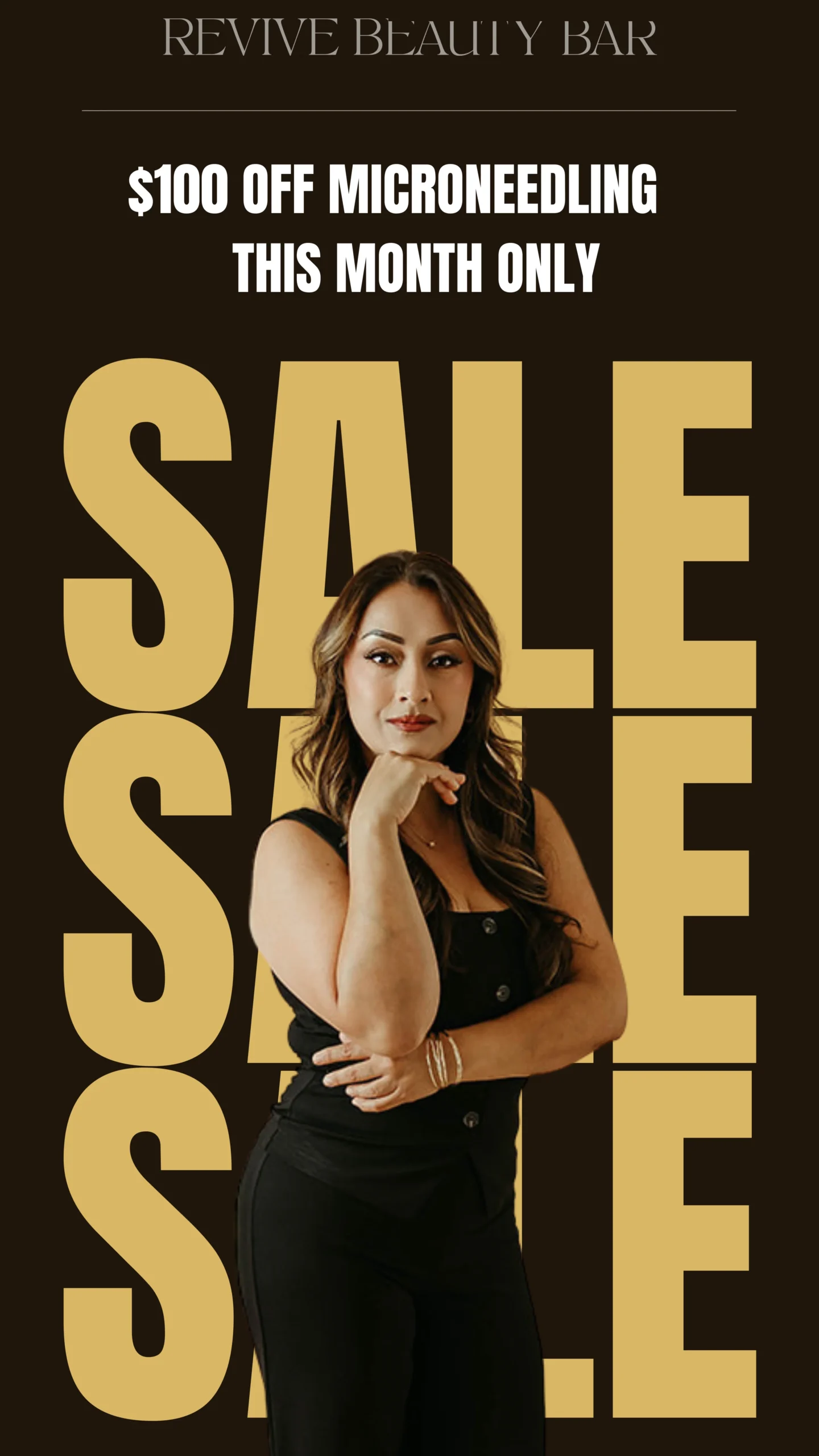Glutathione Benefits on Skin: Complete Evidence-Based Guide
Glutathione has emerged as a popular skin care ingredient with claims ranging from skin brightening to anti-aging benefits. As the body’s “master antioxidant,” this naturally occurring tripeptide has gained significant attention for its potential to improve skin tone, reduce hyperpigmentation, and protect against oxidative damage. This comprehensive guide examines the science behind glutathione benefits for skin and helps you understand what really works.
What is Glutathione and How Does It Work?
Understanding Glutathione
Glutathione is a powerful antioxidant composed of three amino acids: cysteine, glutamic acid, and glycine. Found in every cell of the human body, it plays a crucial role in:
- Protecting cells from oxidative stress and free radical damage
- Supporting detoxification processes in the liver
- Maintaining immune system function
- Regulating melanin production in the skin
How Glutathione Affects Skin
Glutathione influences skin appearance through several mechanisms:
Melanin Regulation
- Inhibits tyrosinase enzyme activity, which is essential for melanin production
- Switches melanin production from darker eumelanin to lighter pheomelanin
- Reduces overall melanin synthesis in skin cells
Antioxidant Protection
- Neutralizes free radicals that cause premature aging
- Protects against UV damage and environmental stressors
- Supports skin cell repair and regeneration
Proven Glutathione Benefits for Skin
1. Skin Brightening and Tone Evening
Clinical evidence shows that glutathione can help improve skin brightness and evenness.
Research findings:
- Studies demonstrate that both oral glutathione (250-500mg daily) and topical 2% glutathione can brighten skin color in sun-exposed areas as measured by melanin index reduction
- A 12-week study found that 250mg daily of glutathione led to decreased melanin index and UV spots on face and arms
- Most effective on sun-exposed areas rather than protected skin
What to expect:
- Gradual lightening of dark spots and hyperpigmentation
- More even skin tone overall
- Enhanced skin radiance and luminosity
2. Anti-Aging and Wrinkle Reduction
Glutathione’s antioxidant properties contribute to its anti-aging benefits.
Clinical evidence:
- Studies show glutathione supplementation can lead to significant reduction in wrinkles compared to placebo
- Improved skin elasticity observed in participants taking glutathione
- Enhanced skin texture and smoothness reported
Mechanisms of action:
- Protects collagen from free radical damage
- Supports cellular repair processes
- Reduces inflammation that contributes to aging
3. Protection Against UV Damage
Glutathione helps defend skin against harmful UV radiation effects.
Protective benefits:
- Reduces oxidative stress caused by UV exposure
- Prevents UV-induced melanogenesis (pigmentation)
- Supports skin recovery after sun exposure
4. Acne Scar and Blemish Improvement
Topical glutathione may help with post-inflammatory hyperpigmentation.
Potential benefits:
- Lightening of acne scars and dark spots
- Improved overall complexion clarity
- Reduced appearance of blemishes over time
Different Forms of Glutathione for Skin
Oral Glutathione Supplements
Most researched form for skin benefits with established safety profile.
Pros:
- Well-studied in clinical trials
- Systemic benefits throughout the body
- Convenient daily supplementation
- Generally safe with minimal side effects
Cons:
- Limited absorption through digestive system
- Slower results compared to other methods
- Requires consistent long-term use
Typical dosage: 250-500mg daily as supported by clinical studies
Topical Glutathione Products
Applied directly to skin in creams, serums, and lotions.
Pros:
- Direct application to target areas
- Fewer systemic effects
- Can be combined with other skincare ingredients
- Localized treatment for specific concerns
Cons:
- Limited penetration through skin barrier
- Varying product quality and concentrations
- May cause irritation in sensitive individuals
Intravenous Glutathione Injections
Highly controversial method with significant safety concerns.
Why to avoid:
- FDA warnings against use for skin lightening due to serious adverse effects including liver dysfunction and anaphylactic shock
- No proven efficacy for skin lightening
- High risk of complications
- Not approved for cosmetic use
What the Science Really Says
Clinical Trial Results
Current evidence is mixed but shows some promise for specific applications.
Positive findings:
- Systematic review found that 500mg daily oral glutathione and 2% topical glutathione could brighten skin in sun-exposed areas
- Well-tolerated with good safety profile in clinical studies
- Consistent improvements in melanin index measurements
Limitations of current research:
- Evidence still considered inconclusive due to quality of studies and inconsistent findings
- Small sample sizes in most trials
- Short-term studies with limited long-term data
- Variable results between individuals
Scientific Gaps
Several important questions remain unanswered:
- Optimal dosage and treatment duration
- Long-term safety of prolonged use
- Maintenance protocols after achieving desired results
- Individual response variability factors
How to Use Glutathione Safely for Skin
Starting with Oral Supplements
Most evidence-based approach for beginners.
Recommended protocol:
- Start with 250mg daily as supported by research
- Take consistently for at least 12 weeks
- Monitor skin changes with photos
- Combine with vitamin C for enhanced absorption
Choosing Quality Products
Important factors to consider:
For oral supplements:
- Look for reduced glutathione (GSH) form
- Third-party tested products
- Reputable manufacturers with good track records
- Proper storage requirements (refrigeration often needed)
For topical products:
- Check concentration (0.5-2% shown effective)
- Stable formulation with protective packaging
- Patch test before full application
- Combine with sunscreen for optimal results
Timeline for Results
Realistic expectations based on clinical studies:
Week 1-4: Minimal visible changes, possible subtle improvements Week 4-8: More noticeable skin tone improvements may appear Week 8-12: Peak benefits typically observed in studies Beyond 12 weeks: Maintenance phase may require adjusted dosing
Potential Side Effects and Safety Concerns
Common Side Effects
Generally well-tolerated but some effects possible:
Oral glutathione:
- Mild gastrointestinal upset (nausea, bloating)
- Stomach cramping with high doses
- Rare allergic reactions
Topical glutathione:
- Skin irritation or redness
- Itching or burning sensation
- Contact dermatitis in sensitive individuals
Who Should Avoid Glutathione
Certain groups should exercise caution:
- Pregnant or breastfeeding women (insufficient safety data)
- People with asthma (inhalation forms contraindicated)
- Those on blood thinners (potential interaction)
- Individuals with known glutathione allergies
Safety Monitoring
Important precautions to follow:
- Start with lower doses to assess tolerance
- Monitor for adverse reactions
- Consult healthcare provider before starting
- Regular health checkups with long-term use
Maximizing Glutathione Benefits for Skin
Lifestyle Factors That Support Glutathione
Natural ways to boost your body’s glutathione production:
Dietary support:
- Sulfur-rich foods (garlic, onions, cruciferous vegetables)
- Vitamin C sources (citrus fruits, berries)
- Selenium-containing foods (brazil nuts, seafood)
- Whey protein and other amino acid sources
Lifestyle practices:
- Regular exercise (moderate intensity)
- Adequate sleep (7-9 hours nightly)
- Stress management techniques
- Limiting alcohol and toxin exposure
Complementary Skincare Ingredients
Ingredients that work well with glutathione:
- Vitamin C: Enhances glutathione absorption and stability
- Vitamin E: Provides additional antioxidant protection
- Niacinamide: Supports skin barrier and brightness
- Alpha lipoic acid: Helps regenerate glutathione
Sun Protection is Essential
Critical for maintaining results:
- Daily SPF 30+ sunscreen application
- Protective clothing and accessories
- Seeking shade during peak UV hours
- Reapplication every 2 hours when outdoors
Comparing Glutathione to Other Skin Lightening Options
Glutathione vs. Hydroquinone
Different risk-benefit profiles:
Glutathione advantages:
- Natural compound with antioxidant benefits
- Lower risk of side effects
- Can be used long-term with proper monitoring
Hydroquinone advantages:
- Stronger lightening effects
- Faster results typically seen
- More research on efficacy
Glutathione vs. Vitamin C
Complementary rather than competing:
Glutathione benefits:
- Systemic antioxidant effects
- Melanin pathway targeting
- Broader health benefits
Vitamin C benefits:
- Better studied for topical use
- Collagen synthesis support
- More stable formulations available
Cost Considerations and Value
Investment Analysis
Factors affecting cost-effectiveness:
Oral supplements:
- $20-50 monthly for quality products
- 3+ month commitment for visible results
- Ongoing maintenance costs
Topical products:
- $30-100+ for serums and creams
- Daily application required
- Variable concentrations affect value
Maximizing Value
Tips for cost-effective use:
- Start with oral supplements as most studied
- Buy from reputable sources to ensure quality
- Consider combination approaches for better results
- Track progress with photos to assess effectiveness
The Bottom Line on Glutathione for Skin
What We Know
Evidence-based conclusions:
- Moderate evidence supports glutathione’s ability to brighten skin and reduce melanin in sun-exposed areas
- Generally safe when used appropriately
- Best results seen with consistent, long-term use
- Individual responses vary significantly
What We Don’t Know
Areas needing more research:
- Optimal dosing protocols
- Long-term safety with extended use
- Mechanisms for individual variation
- Maintenance requirements
Realistic Expectations
What glutathione can and cannot do:
Likely benefits:
- Gradual skin brightening over 3+ months
- Improved skin tone evenness
- Antioxidant protection against aging
- Some reduction in hyperpigmentation
Unlikely to achieve:
- Dramatic skin lightening (multiple shades)
- Immediate results (weeks vs. months)
- Complete elimination of genetic pigmentation
- Permanent changes without maintenance
Making an Informed Decision
Good Candidates for Glutathione
Those most likely to benefit:
- Mild to moderate hyperpigmentation concerns
- Interest in antioxidant skincare benefits
- Preference for natural approaches
- Patience for gradual improvements
Better Alternatives
Consider other options if:
- Severe hyperpigmentation requiring stronger treatment
- Need for rapid results
- Budget constraints limiting long-term use
- Sensitive skin prone to reactions
Professional Guidance
When to consult experts:
- Before starting any new supplement regimen
- If you have underlying health conditions
- For severe skin concerns requiring medical treatment
- When combining with other treatments
Glutathione offers promising but modest benefits for skin health, particularly for those seeking gradual improvements in skin tone and overall antioxidant protection. The evidence supports its safety when used appropriately, but realistic expectations and patience are essential for success.
For the best results, consider glutathione as part of a comprehensive skincare approach that includes sun protection, a healthy lifestyle, and appropriate topical treatments. Always consult with a healthcare provider before starting any new supplement, especially for cosmetic purposes.
This guide is based on current scientific evidence and clinical studies. Individual results may vary, and this information should not replace professional medical advice. Always consult with a qualified healthcare provider before starting any new supplement regimen.



